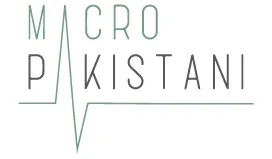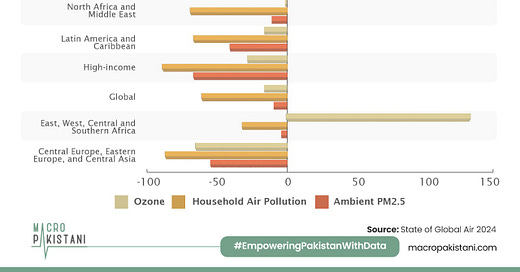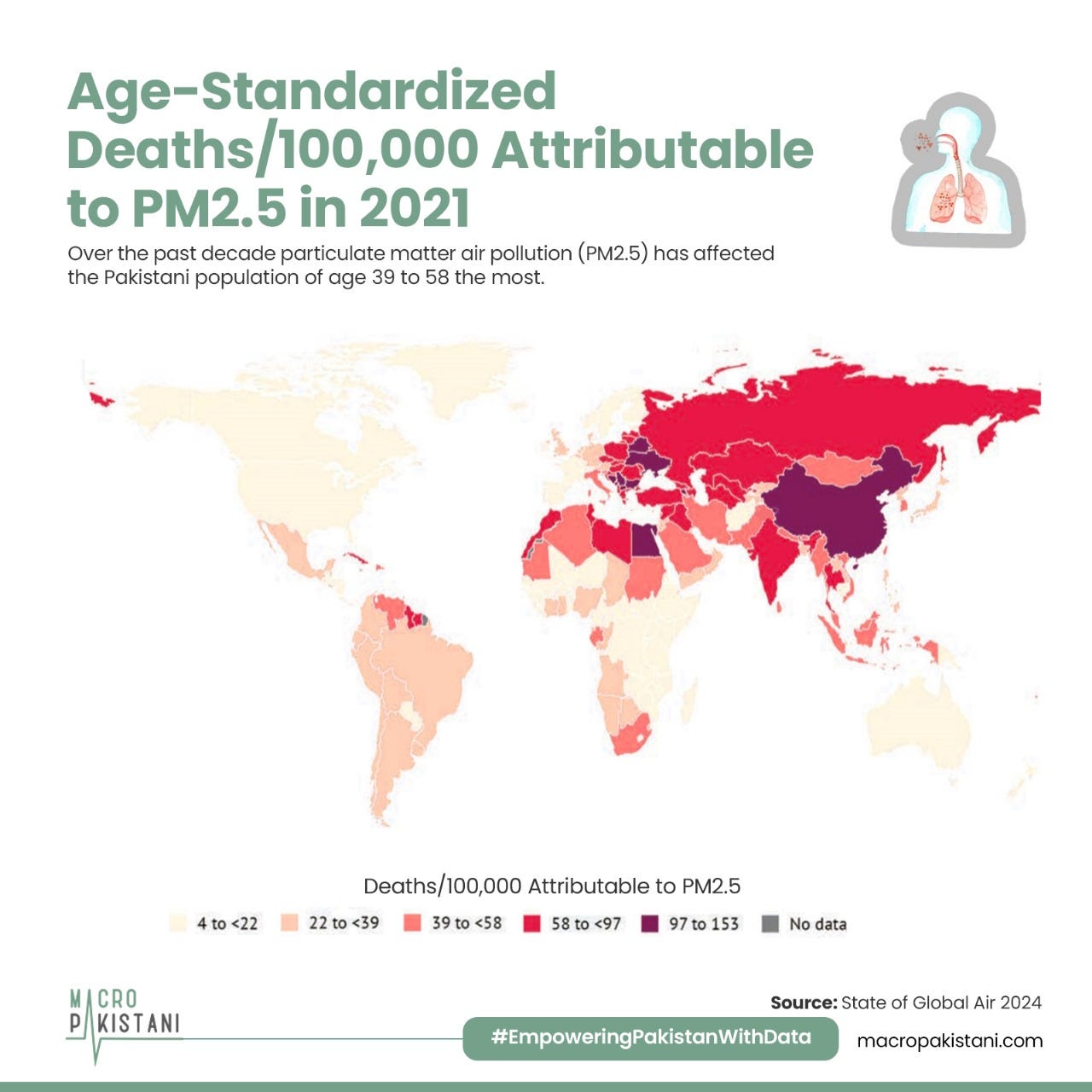Smog: A Health Crisis
Punjab battles an unprecedented smog crisis with AQI levels soaring in Lahore followed by Multan. Emergency measures, including lock-downs and innovative cloud seeding, aim to protect public health.

The dense and toxic smog currently engulfing Punjab, particularly in Lahore and Multan, has triggered an unprecedented health crisis. With the air quality index (AQI) surpassing hazardous thresholds, even crossing 2,000 in Multan, the government has responded by imposing a “complete lockdown” from Fridays to Sundays and declaring a health emergency. Measures such as extended school closures, halts to construction activities, and partial remote work mandates for offices underscore the severity of the crisis. The impact on public health has been significant, with hospitals reporting a spike in respiratory cases and extending their outpatient services. Notably, this health crisis reflects a broader global issue, as countries in South Asia and regions across Africa face the largest burden of air pollution-linked disease. With populations over 1 billion each, India and China account for 54% of the total global disease burden, with 2.1 million and 2.3 million deaths respectively. Pakistan reported 256,000 deaths in 2021 due to air pollution.
What more can be done to address this escalating health emergency and mitigate its long-term effects?
Efforts to reduce smog include innovative strategies like artificial rain from cloud seeding, which recently showed promising results in Jhelum and Gujar Khan. This experiment, conducted with local technology and in collaboration with the Punjab Environmental Protection Agency, Army Aviation, and Suparco, may help alleviate smog levels temporarily. Additionally, the government is setting up AQI calculators and promoting alternative methods for crop residue management, aiming to reduce burning practices that contribute to air pollution. However, these interventions, while crucial, indicate the need for more comprehensive, sustained policies to create lasting improvements.
Environmental advocates, including WWF-Pakistan, have stressed the importance of immediate, impactful action beyond current initiatives. Their recommendations call for transitioning to cleaner Euro V or Euro VI fuel standards, promoting electric vehicle usage, expanding public transport, and enforcing stricter industrial regulations. The WWF also emphasizes the utility of low-cost air quality monitoring to identify pollution hotspots and inform responses. While progress is being made, the crisis demonstrates that without persistent implementation of green policies and public engagement, air quality and public health will continue to suffer in the long run.
GRAPHICS
Through its siege of Gaza, the blockade of humanitarian aid, and deliberate attacks on civilians and aid workers, despite numerous UN appeals, binding rulings from the International Court of Justice, and Security Council resolutions, Israel is intentionally causing death, starvation, and severe harm, employing starvation as a weapon of war and imposing collective punishment on the Palestinian population, amounting to genocide.
To reach its Nationally Determined Contribution (NDC) target, Pakistan must leverage the private sector, particularly the textile industry, a major economic contributor with significant potential to support climate objectives.
Macro Pakistanis who read this newsletter can directly give us feedback via Substack chat:
Data Visualization & Marketing Partner: Brand Nib
Visit: https://macropakistani.com/advertise/
Grateful for the ever-growing list of collaborators!
About Us: Macro Pakistani is a data-driven research platform that aims to provide a basic understanding of Pakistan’s economy. If you have an interest in contemporary news but are currently overburdened with sensationalism and specialized vocabulary, we are the platform for you.
How are we doing? Please send us any questions, comments or suggestions by replying to this email.







